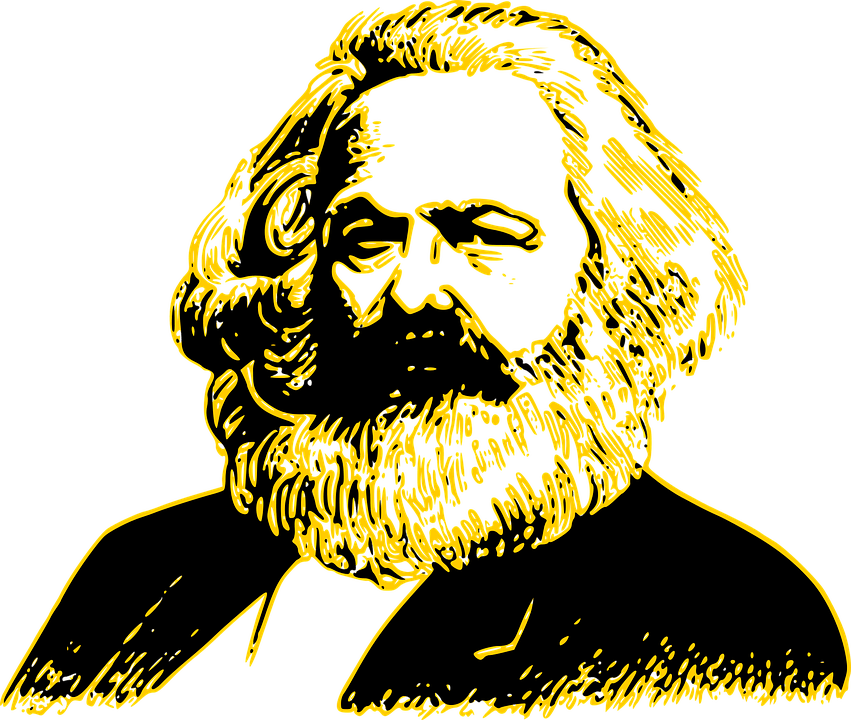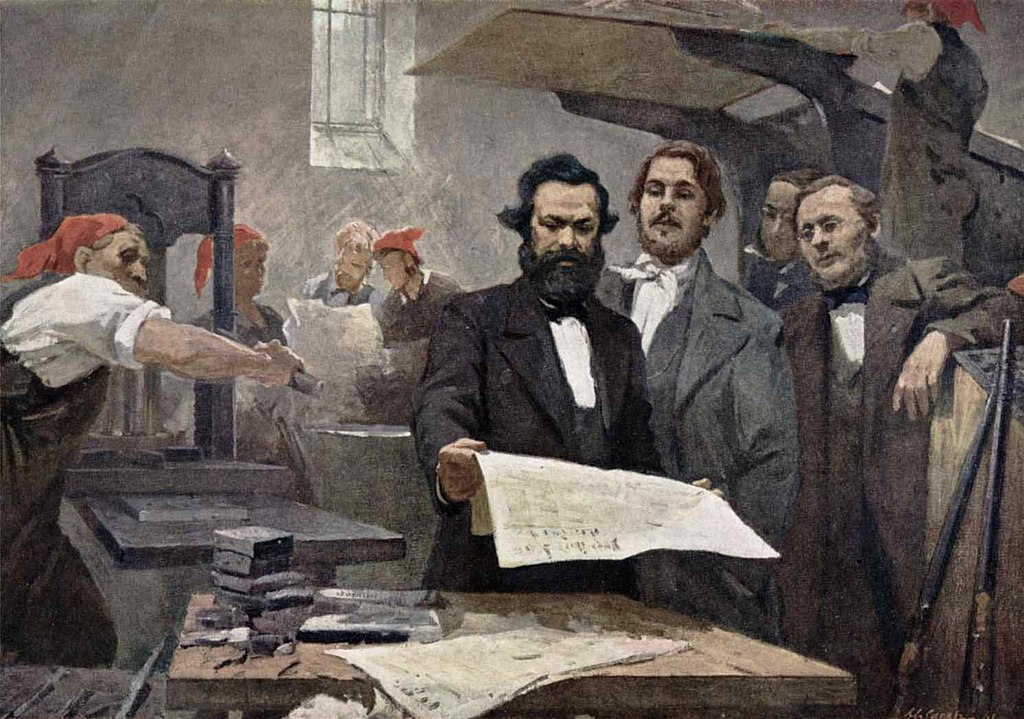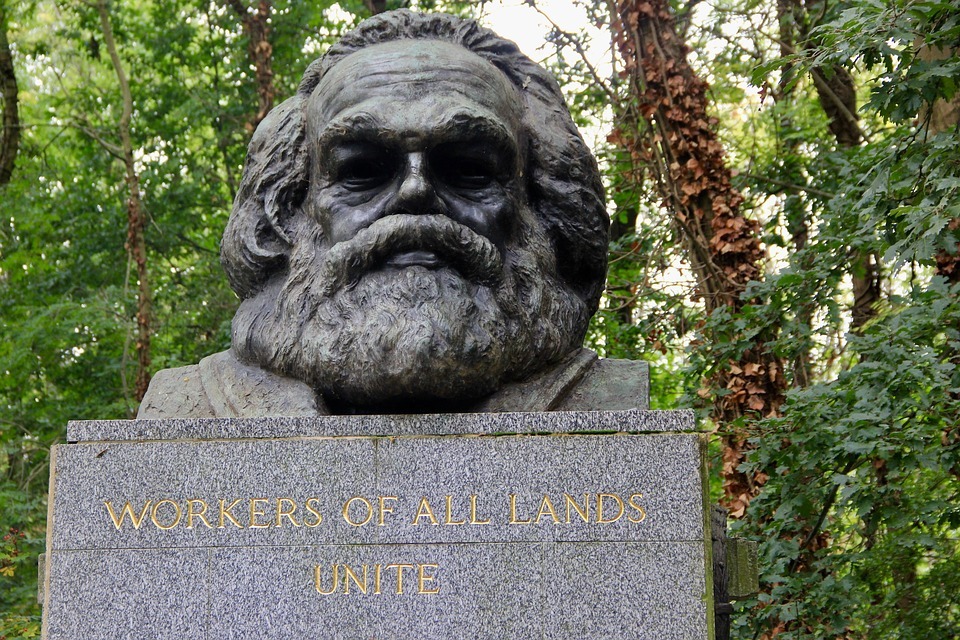When people think about revolutionaries, the one person that a lot of people would often mention is Karl Marx. However, despite being labeled as a revolutionary and an activity, Karl Max is more appropriate to be called a philosopher that often challenged the economic and political systems during his era.
Karl Marx is often known for the method of socioeconomic analysis that he developed called Marxism, which is still being studied in philosophy, economics, and political science classes around the world. The idea of Marxism is mainly found in Marx’s works, most notably “The Communist Manifesto” (1848) and the three volumes of “Das Kapital” (1867 to 1884).
While many know about Marx’s political and economic views, only a few actually know about Marx’s early life and education. To know more about one of the most well-known philosophers in the world, here are pieces of information about Karl Marx’s early life and achievements.
The Early Life of Karl Marx
Karl Marx, whose full name is Karl Heinrich Marx, was born on May 5, 1818, in the town of Trier (formerly known as Treves and Triers) in Prussia, a German kingdom that existed from 1701 to 1918. His father, Heinrich Marx, and his mother, Henriette Pressburg, were originally non-religious Jewish people, but they eventually converted to Christianity before Karl’s birth.
There are only a few historical records about Karl Marx’s early life, but it is documented that he was the third of nine children and that he became the eldest son when his older brother Moritz died in 1819, just one year after the birth of Karl. Marx would then receive private education from his father, who was an attorney that was fascinated by the ideas created by Voltaire, Immanuel Kant, and other philosophers. In high school, Karl Marx entered Trier High School, which had Hugo Wyttenbach, Heinrich Marx’s close friend, as the headmaster.
Karl Marx in College
In October 1835, Karl Marx traveled to Bonn, Germany, in order to study philosophy and literature at the University of Bonn. However, his father wanted him to study law instead since it is a more practical field. Because of his problems with his chest, Karl Marx was excused from military duty when he was 18 years old, so he continued his studies in Bonn.
While at the University of Bonn, Karl Marx would become a member of the Poet Club, which had political radicals and activists as members. Marx also became a member of the Trier Tavern Club drinking society, where he eventually became the co-president.
However, Marx’s stay at the University of Bonn wasn’t really peaceful, as he would often be involved in fights and disputes with other students. One of the most infamous fights that Karl Marx participated in was in August 1836, when he fought a duel with a member of the Borussian Korps, another student organization in the university. Because of the numerous fights he had been involved in, as well as his deteriorating grades, Karl Marx’s parents decided to transfer him to the University of Berlin, where he would be introduced to the philosophical ideals of G.W.F Hegel and join the Young Hegelians, a group of students dedicated to discussing philosophy, religion, politics, and ethics.
Karl Marx as a Revolutionary
After Marx finished his studies at the University of Berlin, he would then work as a writer for Rheinische Zeitung, a liberal democratic newspaper. Marx would then become the newspaper’s editor in 1842. However, a year after Karl Marx became the editor, the Prussian government banned it and deemed the newspaper too radical, particularly when Marx wrote an article criticizing the Russian monarchy.
When the newspaper became banned, Marx would then move to Paris with his wife, Jenny von Westphalen, in 1843. Marx would work for the “Deutsch-Französische Jahrbücher,” a radical left-wing newspaper. It was also in Paris where Marx would meet Friedrich Engels, who would later become one of his closest friends and collaborators. Their first collaboration was a criticism of the Young Hegelian philosophy of Bruno Bauer, Marx’s former friend. The collaboration piece was titled “The Holy Family” and was published in 1845.
Because of his increasingly radical views and works, the Prussian government recommended getting Marx expelled from Paris and the entire country of France. So, Marx and Engels moved to Brussels, Belgium, where Marx decided to renounce his Prussian citizenship. Later, Marx and Engels would be involved in creating the principles and programme of the new Communist League in London, England.
The Communist Manifesto
For the said league, they published “The Communist Manifesto” in 1848, and this work gives details about the history of class struggles and predicts a proletarian revolution in the future that would eradicate the capitalist system that has been dominating many countries around the world. His radical views also became known in Belgium, and the government of that country planned to expel him in 1848 or 1849. However, before Marx could be expelled, he had already moved to Paris and later to Germany in 1848. He would eventually settle in London, although he would be denied British citizenship.
He would then work as a correspondent for ten years for the New York Daily Tribune. Unfortunately, his salary for the said job was not enough for his family, so his close friend Engels decided to support him financially. Karl Marx also did not develop a good relationship with his fellow communists in London, so he decided to let go of his radical view and focus more on creating economic theories that may eventually help the government learn how to manage countries properly.
Das Kapital
Karl Marx would publish one of his most famous works, “Das Kapital,” in three volumes from 1867 to 1894. In the said volumes, Karl Marx developed an economic law of motion for modern society and created a theory that focuses on the deterioration of capitalism through self-destruction, which would then lead to the prominence of communism in the world.
Marx was only able to publish the first volume of “Das Kapital” in 1867, as he would eventually succumb to bronchitis and pleurisy (which are illnesses affecting the lungs) and passed away on March 14, 1883. However, Friedrich Engels got a hold of Marx’s notes for the second and third volumes of “Das Kapital,” and he was able to finish his close friend’s work and publish the two volumes in 1885 and 1894.



